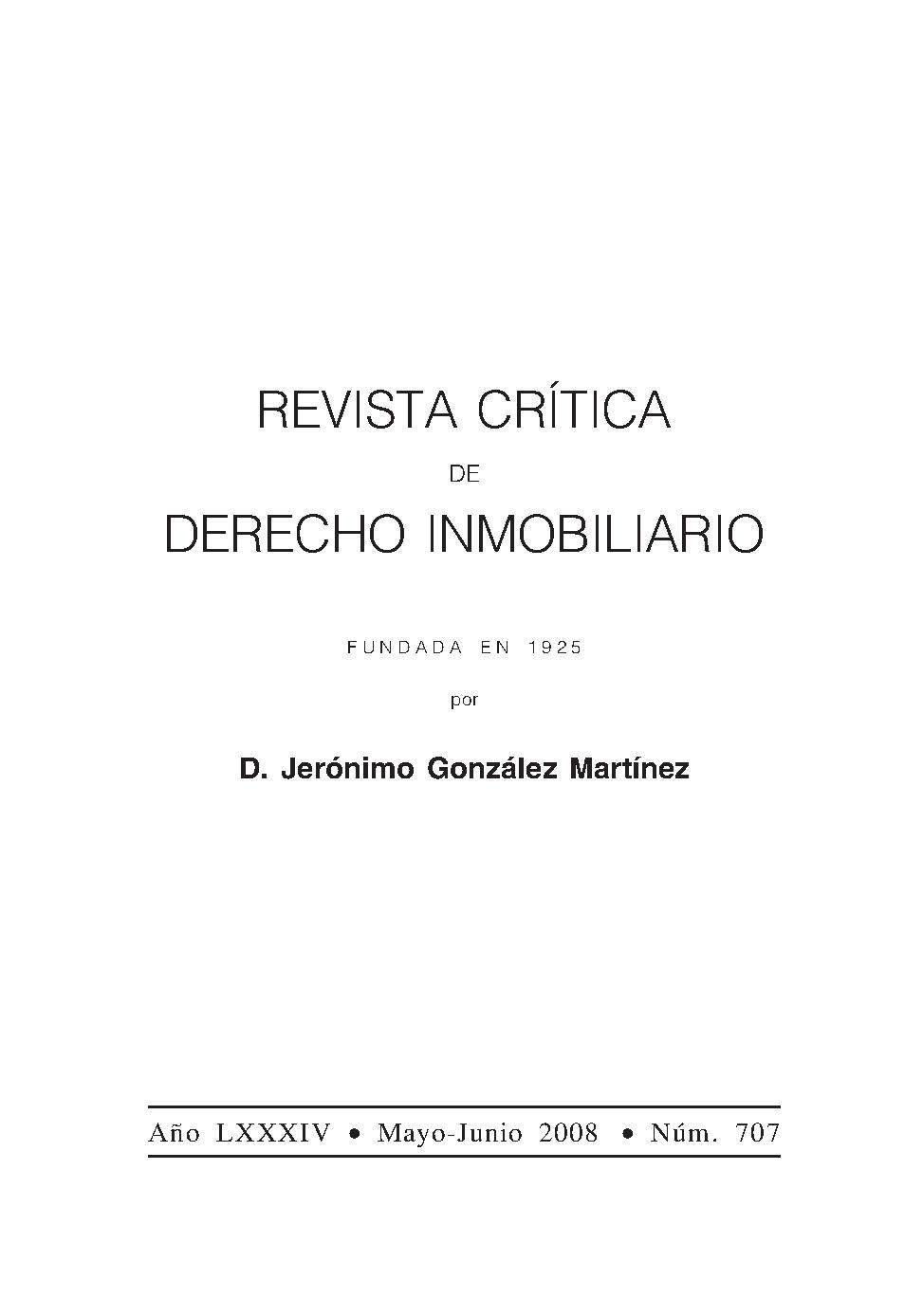CUESTIONES DE COMPETENCIA EN EL JUICIO MONITORIO.
Keywords:
ACTON FOR SMALL CLAIMSAbstract
This paper on civil procedure endeavours to approach from a practical standpoint the serious problems of cognisance that the monitory procedure, a special summary procedure, raises. As we know, the monitory procedure was conceived as a fast, effective way to collect debts. Under article 3.8 of the Public Prosecutors' Statute approved in Act 50/1981, the public prosecutor is obligated to be a party; the prosecutor's position will depend on whether the question or conflict was posed by the court itself or filed by a party. The high number of monitory procedures and the complexity of the procedure are sowing contradictory positions amongst the different courts of first instance, courts for action under commercial law and even courts for action under administrative law. The situation has reached the Spanish Supreme Court, higher courts of justice and provincial appellate courts, whose doctrine is analysed here. Arguments are offered for deciding what class of court should hear this type of procedure. Different hypotheses will arise, depending on the debtor's absence or the difficulty or impossibility of locating the debtor, resulting in different solutions or even cases where no solution can be found.









